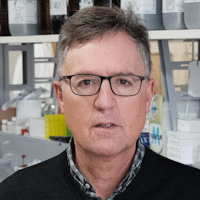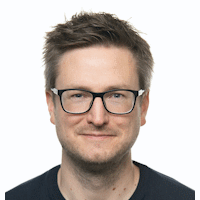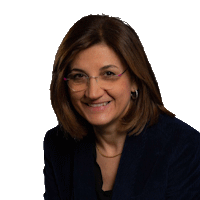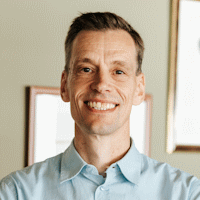
José Luis Mascareñas
José Luis Mascareñas is full Professor in Chemistry at the University of Santiago de Compostela (USC, Galicia, Spain) since 2005, and scientific director of the Center for research in biological chemistry and molecular materials (CiQUS) since 2014. He completed his PhD at the University of Santiago in 1988, and was a postdoctoral fellow at Stanford University (USA, 1989-1991). He has been visiting scholar in Harvard University (USA) in the summers of 1992 and 1995, and visiting scientist in the University of Cambridge (UK, 2009) and the MIT (USA, 2013).
He has supervised 44 PhD theses, published over 220 articles in peer reviewed journals and wrote 23 patent applications. Some awards: Organic Chemistry award of the Spanish Royal Society of Chemistry (RSEQ, 2009), Advanced grant of the ERC (2014), Galician of the year "Grupo Correo Gallego" (2014), Gold medal of the University of Santiago (2014), Gold Medal of the Spanish Royal Society of Chemistry (2015), award of the Galicia Critic (2018), Research Medal of the Royal Galician Academy of Sciences (2019), Proof-of-Concept grant of the ERC (2020), member of the European Academy of sciences (EURASC, since 2017), founder/first president of the Spanish group of Chemical Biology of the RSEQ and, since 2021, vicepresident of the RSEQ.



